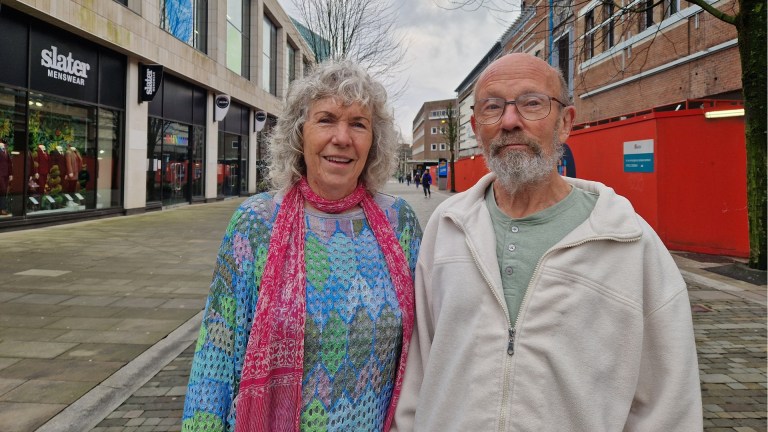Housing associations are spending over £70 million supporting tenants to beat long-term unemployment, according to a new report – but more can government support can improve their work.
The Institute for Public Policy Research estimates that the sector delivers support worth over £70 million a year, with over £60 million coming from housing associations themselves.
Around two in every five provide directed employment and skills programmes with one in three identifying supporting residents into work as a top priority.
Revealed: Housing associations invest £70 million a year to help their hard-pressed tenants into work. Government should recognise role of key social housing provider & devolve power to help long-term unemployed, says @Joe_Dromey in his latest report https://t.co/6EHQFyuJM3
— IPPR (@IPPR) July 19, 2018
And the need for this approach is clear – despite record high employment in the country, housing tenure and job status remain inextricably linked – just four in ten housing association tenants are employed.
Weekly household income for housing association tenants is just over half the average for all tenures, and those who are in work earn far less than the average. As a result, one-third of tenants find it difficult to pay their rent, and three in five are on housing benefit.










